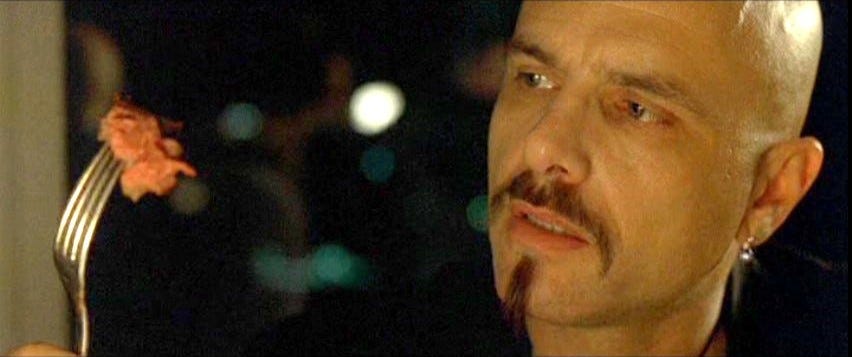They are living a life without it.
Most people who work online dream of a "normal" job. But is that even possible?
Note: This edition has been switched to paid-only. Every weekly VFD is free to read when published, before being changed to paid-access after 7 days. Like what you read? Become a paid subscriber and help me do this for a living.
People who work online dream of a "normal" job. But is that even possible?
There is a place next to my office that makes chairs.…


